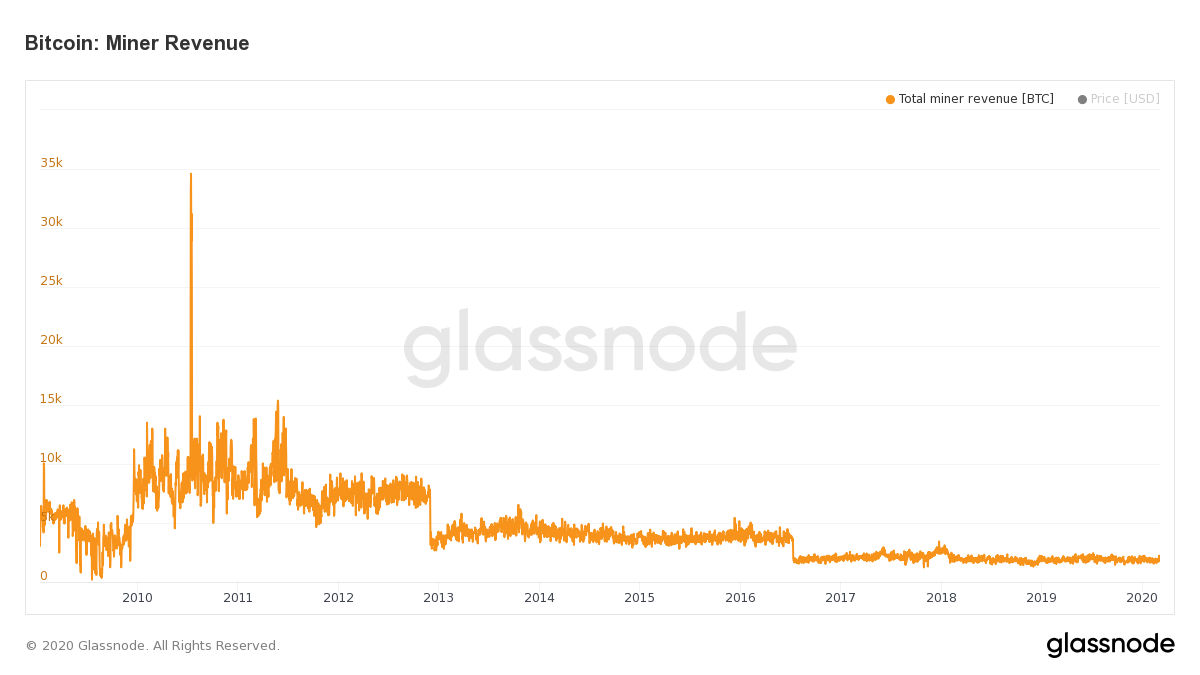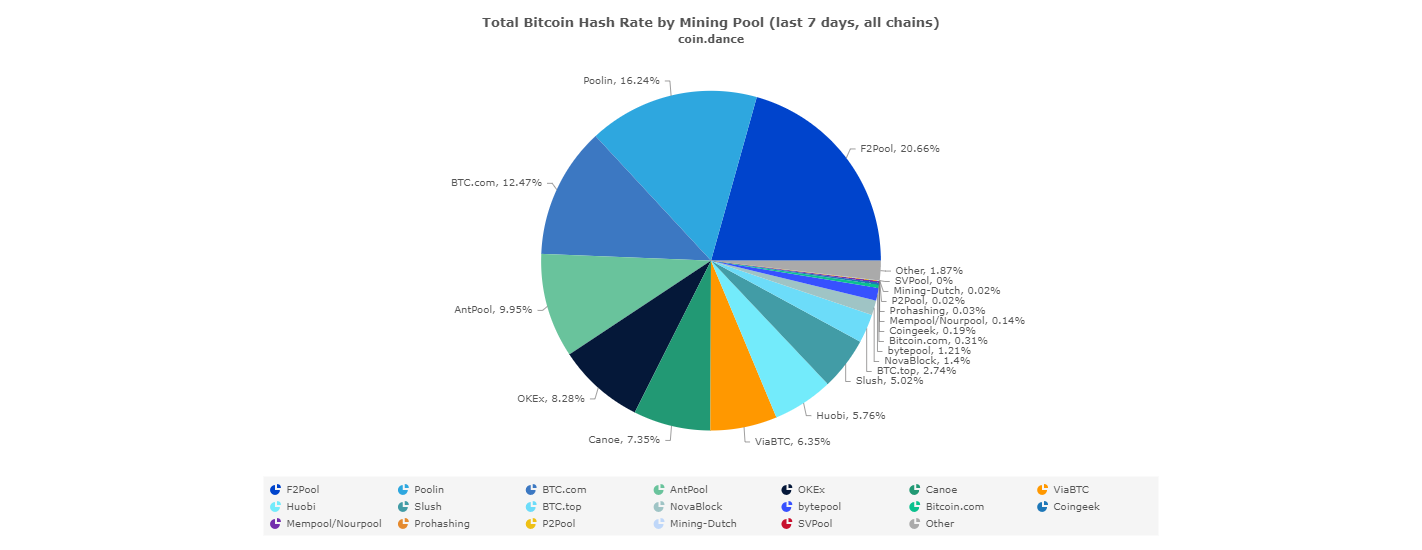For Bitcoin, can cloud mining help increase its decentralization?

Over the past decade, cryptocurrencies such as Bitcoin have received greater recognition and have also seen increased adoption from institutional investors. Prior to Bitcoin, decentralized forms of currency and finance were considered impractical. While its decentralized nature has proven to have scalability challenges, Bitcoin and the mining community that supports it have re-invented the financial sector in a significant way.
In the latest episode of the Crypto Conversation podcast, Marco Streng, CEO of Genesis Mining highlighted the role of the mining community within the Bitcoin ecosystem and how innovations like cloud-based mining operations are helping BTC with its decentralized vision. In recent times, there has been growing speculation regarding how centralized Bitcoin’s mining landscape really has given the rise to China’s Sichuan province as a mining hub. Streng pointed out that cloud mining can bring in more miners and increase the levels of decentralization, he said,
“We give everybody that possibility to get into mining in an efficient way and in a better way, than someone buying a machine and mining at home – which is basically doomed to fail. And I think that is very important because these large scale mining operators, I mean, the space is heavily centralizing and there are more large scale operators who are growing bigger and bigger.”
Source: coin.dance
According to data from Coin Dance, Bitcoin’s mining landscape is seeing increased dominance from a few large scale mining pools.
Streng also highlighted how in the coming months, Bitcoin miners will need to be prepared to make changes that will make them energy efficient and thereby competitive and sustainable. He said, “With Bitcoin mining, we can untap this huge and put more than plentiful resource of renewable energy where we, for example, can build Bitcoin mining farms below the hydro dams or next or next to the solar fields or next to wind farms.” He went on to add that,
” I think that in the future of Bitcoin mining, the most efficient miners will run these green or renewable source mining facilities and don’t contribute much to global warming and even support the renewable energy industry.”

Source: Glassnode
Miner revenue has been on a steady decline for a variety of reasons in the Bitcoin ecosystem, future miners will need to deploy smarter solutions to continue operating at a sustainable level. At the moment, the two major concerns for the mining community involve energy expenditure and hardware investment. In this regard, Streng believes cloud-based mining operations and a shift to green energy may not just benefit miners but also the Bitcoin community with a greater degree of ‘trustlessness’ and decentralization.







